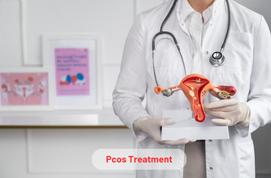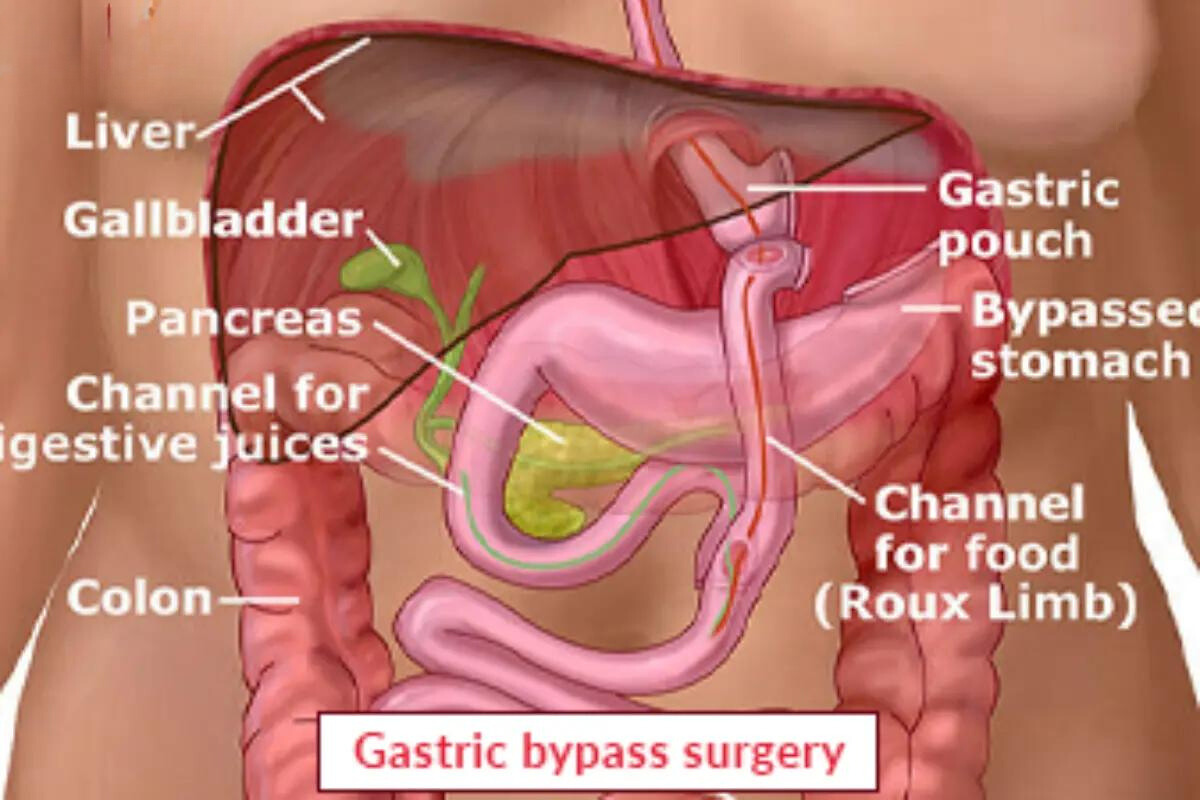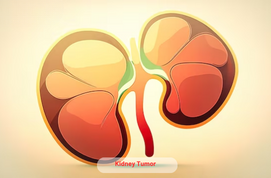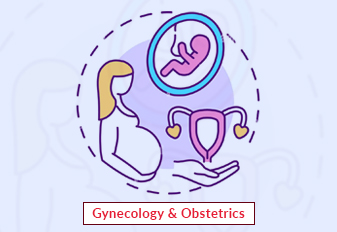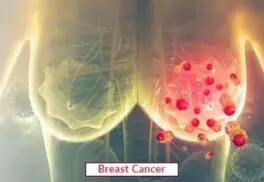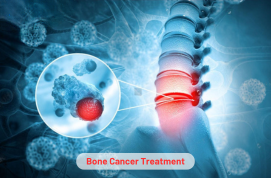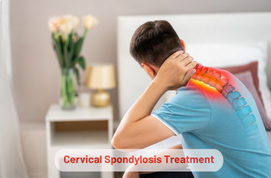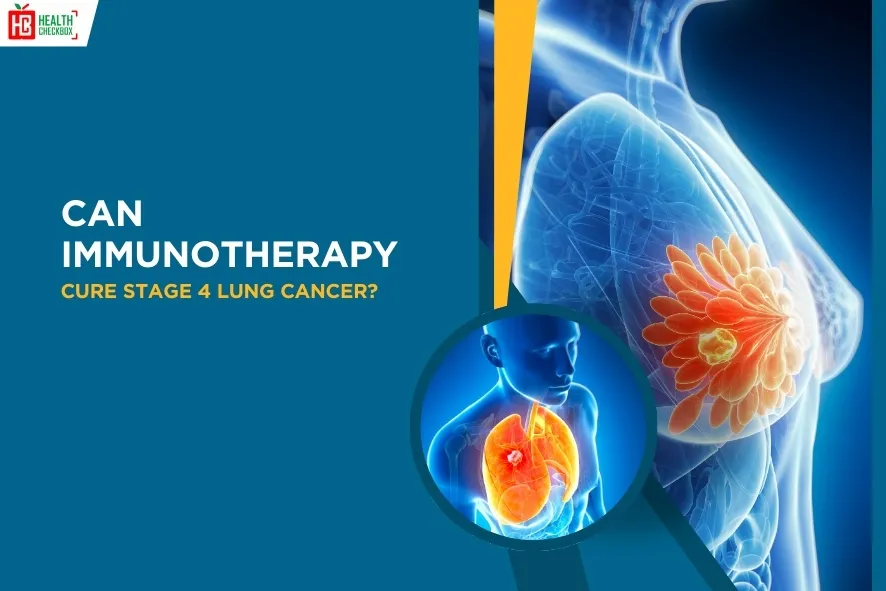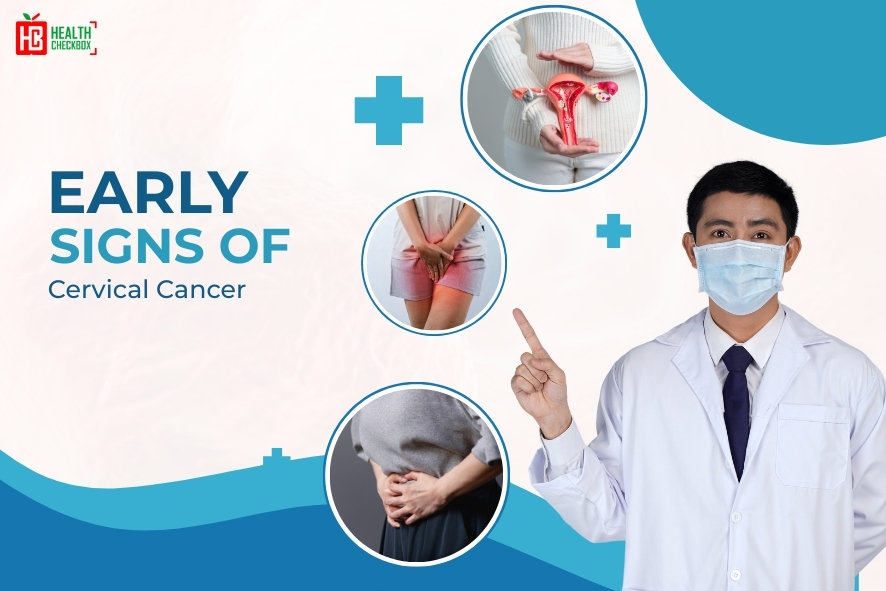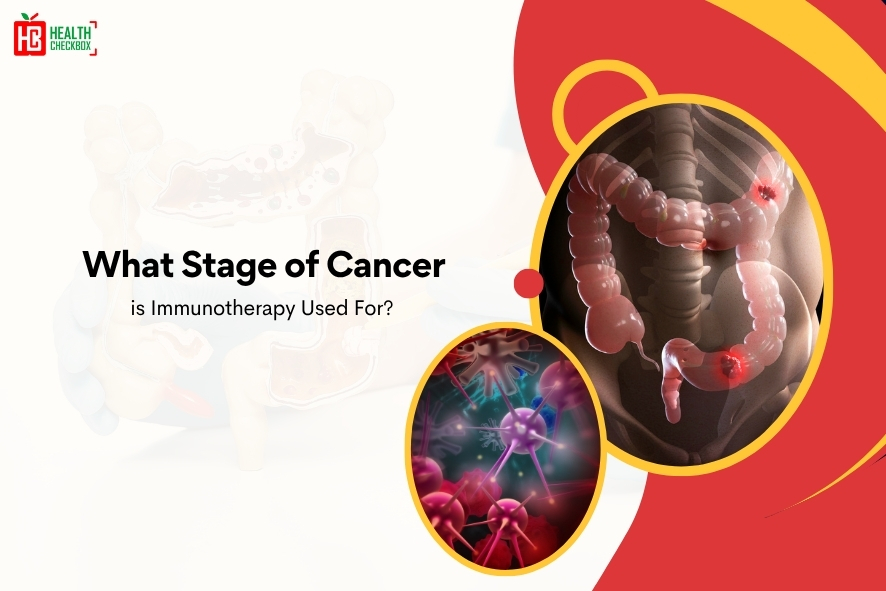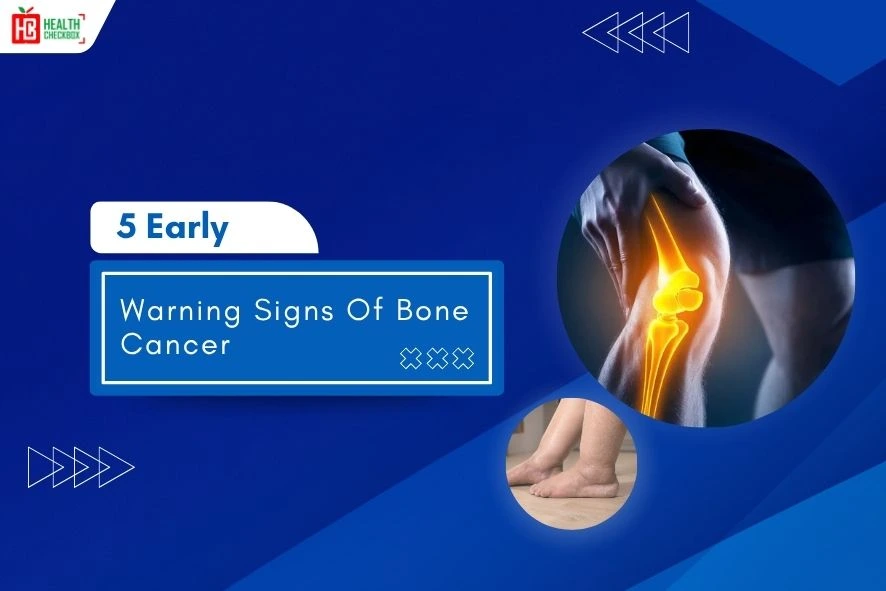When a woman’s ovaries produce an abnormal amount of androgen, the condition is called Polycystic Ovary Syndrome PCOS. Androgens are a group of sex hormones that are commonly found in the women in a little amounts. The condition is also referred to as Polycystic Ovarian Disease PCOD. This health issue affects millions of ladies around the world. However, exact cause of PCOS occurrence is not known. PCOS treatment is a combination of medications and lifestyle changes to manage symptoms.
Many feminines with PCOS have insulin resistance hence they are at higher risk of certain types of health conditions, such as high blood pressure and diabetes. Due to PCOS, a lady may experience irregular periods, hair growth on unwanted parts, acne, and infertility. Its symptoms detect when you wish to be expected.
Types of PCOS
- Non-hyperandrogenic PCOS, or (Type D): It is a normal androgen level condition, however, a feminine may experience ovulation issues and ovarian cysts, which can lead to irregular periods or loss of periods.
- Ovulatory PCOS ( Type C): It involves cysts on the ovaries and increased androgen levels, including ovulation.
- Non-PCO PCOS ( Type B): This type of polycystic syndrome, PCOS which is associated with hyperandrogenism and ovulatory dysfunction but it does not involve ovarian cysts.
- Full-Blown PCOS (Type A): It is characterized by three main issues, including hyperandrogenism, ovulatory dysfunction, and polycystic ovaries.
Causes of Polycystic Ovary Syndrome
The exact cause of PCOS occurrence is not known however, medical professionals reckon that the following reasons lead to this condition:
- Hormonal Imbalance
- Genetics
- Insulin Resistance
- Inflammation
- Genetic Factors
Symptoms of PCOS
The following are the common symptoms of Polycystic Ovary Syndrome:
- Acne breakout throughout the body and face.
- Excess hair growth on the face and body.
- Unexpected weight gain and difficulty with weight loss.
- Fluid-filled sacs in the ovaries can lead to pain and mood swings.
- Experiencing hair loss or thinning on the scalp.
- Having difficulty in expecting a baby due to irregular ovulation.
- Heavy bleeding menstrual periods or prolonged or absent periods.
Diagnosis of PCOS
A healthcare provider recommends you some tests and discusses all your symptoms in order to diagnose PCOS. These diagnostics are as follows:
- Pelvic Examination: During a pelvic checkup, a gynecologist checks your reproductive organs for mass growth and other changes as well to diagnose the condition.
- Blood Tests: Through blood tests, doctors measure hormone level in the body. A blood test can overcome the possible menstrual problems or androgen excess that imitate PCOS.
- Ultrasound: An ultrasound test is done to know the condition and appearance of the ovaries and the thickness of the lining of the uterus.
- Symptoms and Medical History: A doctor can also diagnose the condition through symptoms, physical examination and previous medical conditions.
PCOS Treatment Procedure
PCOS treatment is to manage the symptoms that are creating health concerns in the patient. A healthcare provider generally determines the treatment based on your concerns, medical history, and other health issues. If you want to become pregnant, then treatment may involve lifestyle changes, medications, or combination of both.
- Some Prescribed medications like Clomiphene, Metformin, and anti-androgens are effective enough to treat the condition. However, taking medicine may pose certain risks, including twins and more.
- A healthy diet and indulging in yoga or physical activities will help you to diminish your signs and symptoms of PCOS. Also, boost your insulin production and use it more effectively.
- A doctor also prescribed medicine that comprises estrogen and progestin, which minimize androgen production and regulate estrogen. This help in correcting irregular bleeding through controlling hormones.
- Diabetes medications are often used to overcome the effect of insulin resistance. Additionally, it may also help to minimize androgen hormone levels, slow the hair growth, and support menstrual cycle.
Latest Health Tips
Can Immunotherapy Cure Stage 4 Lung Cancer?
Early Signs of Cervical Cancer
Foods that Kill Cancer: Leafy Vegetables, Grains, & More
What Stage of Cancer is Immunotherapy Used For?
Which is Worse for Cancer, Sugar or Alcohol?
Vaccines That Prevent Cancer
What Kills Cancer Cells in the Body Naturally?
Early Warning Signs of Bone Cancer
Submit Your Enquiry
Testimonials







Lorem ipsum dolor sit amet, consectetur adipiscing elit. Ut elit tellus, luctus nec ullamcorper mattis, pulvinar dapibus leo.

